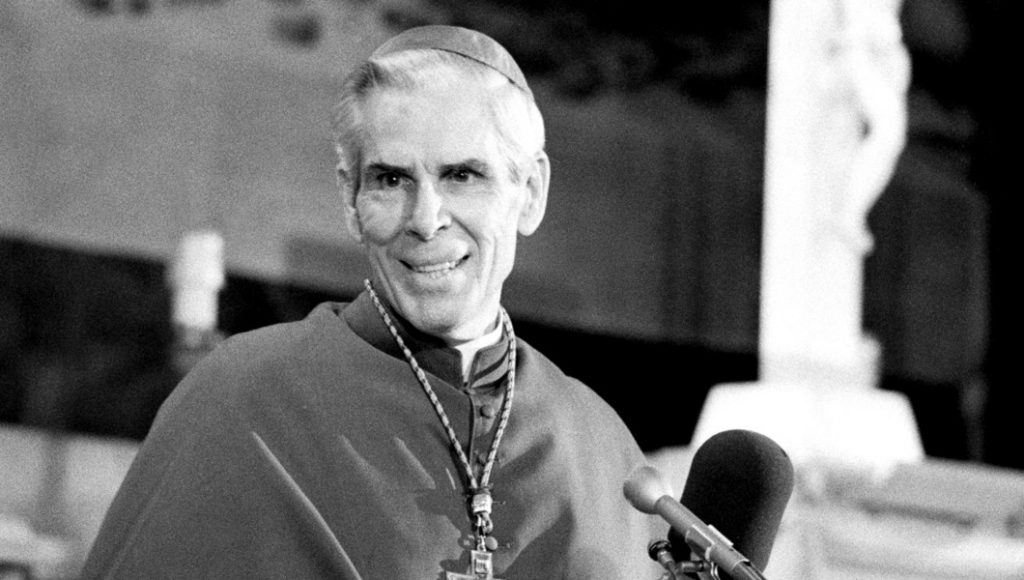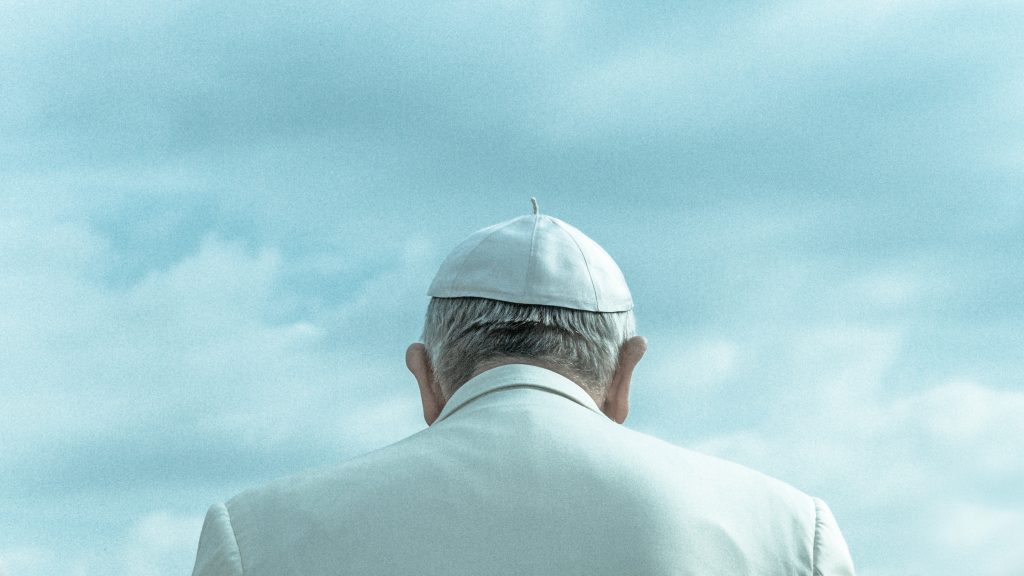Most Catholic Dioceses track Sunday Mass attendance. This annual exercise has become discouraging for many Pastoral leaders.
Year over year comparisons are tolerable, but the long-term trend is difficult to observe. Some dioceses have remained stable or increased attendance, largely because of immigration, not evangelization.
In 1974, Venerable Servant of God, Bishop Fulton Sheen, declared, “We are at the end of Christendom.” It was a provocative statement that needed further explanation. Sheen said, “Not Christianity, not the Church. Christendom is the economic, political, and social life as inspired by Christian principles. That is what is ending and, because we live in it from day to day, we do not see the decline.”
Until COVID-19.
[bctt tweet=”Bishop Sheen said, ‘We have seen an end to Christendom. The economic, political, and social life as inspired by Christian principles. Because we live in it every day, we do not see the decline.’ Until COVID.” username=”BrettPowellorg”]

What will happen to Sunday Mass attendance post-COVID? Some think it will bounce back. I do not, at least not quickly. Don’t get me wrong, I want our pews filled – more than anything – I just can’t see it happening unless we change the way we think about a couple of very important terms.
One of the problems is that for several decades we have assumed that attendance at Sunday Mass was evidence of something deeper and more important – engagement. The COVID mirror has shone a great big spotlight on the differences between attendance and engagement. Everyone that is engaged will attend, but not everyone that attends is engaged.
[bctt tweet=”Everyone that is engaged will attend, but not everyone that attends is engaged.” username=”BrettPowellorg”]
During a time of crisis, like this year’s pandemic, Christian congregations with a high percentage of engaged members have seen an increase in volunteers, an increase in financial giving and an increase in the number of people belonging to their small group communities.
Think about it, in times of crisis, people cling to what matters most. When someone’s Church matters a lot during normal times, it matters even more during times of adversity.
If a crisis leads to disengagement at Church, the crisis wasn’t the cause. It was merely the opportunity to physically disengage. The heart wasn’t in it for a while.
[bctt tweet=”If a crisis leads to disengagement at Church, the crisis wasn’t the cause. It was merely the opportunity to disengage, the heart wasn’t in it for a while.” username=”BrettPowellorg”]
I’d rather not ask this question, but it begs to be asked: How many Catholics will find in COVID an opportunity to physically disengage and not return at all once the restrictions are lifted?
This may be hard to understand the hope animating my question. The kind of hope the Church needs right now looks a lot like courage, courage to confront the most brutal facts of current reality no matter how difficult and dire they may be. Once known, we can plan a roadmap to make it better, way better.
[bctt tweet=”The kind of hope the Church needs right now looks a lot like courage, courage to confront the most brutal facts of current reality no matter how difficult and dire they may be.” username=”BrettPowellorg”]
If one is already disengaged, deciding not to return will not seem like a big decision. It may not seem like a decision at all. Small decisions with seemingly small consequences are easy to make.
[bctt tweet=”If one is disengaged, deciding not to return will not seem like a big decision. It may not seem like a decision at all. Small decisions with seemingly small consequences are easy to make.” username=”BrettPowellorg”]
Howard Shultz, the former CEO of Starbucks, shard a vision that every local Starbucks would become “the third place” for most people. Meaning, only their homes and places of work would be more important than their coffee shop. Engaged Church members view their Church as their “third-place.” That is what engagement looks like.

People are talking about not being able to participate in the Mass and so we should be. This prolonged fast from holy communion and from our communities has been extremely difficult. What I am asking myself is this: once we are back in our Churches, once we can celebrate the Mass with full congregations, how will our parishes focus on deepening engagement and moving beyond – way beyond – mere attendance?
Decades ago, when people were still regularly going to Mass, making Sunday a better experience was a helpful approach. With fewer people attending, making Sunday more attractive by decreasing the time required to attend Mass or making it more entertaining, is simply deficient. Also, it feeds a consumeristic paradigm of membership which will never lead to engagement.
Sunday Mass attendance may be one of the last remaining footholds of Christendom. The key is helping our people move from mere attendance to engagement. Superficial fixes will not work.
Next week I will write about what fosters engagement by exploring what vibrant parishes and ecclesial movements have already discovered. There is a way.

